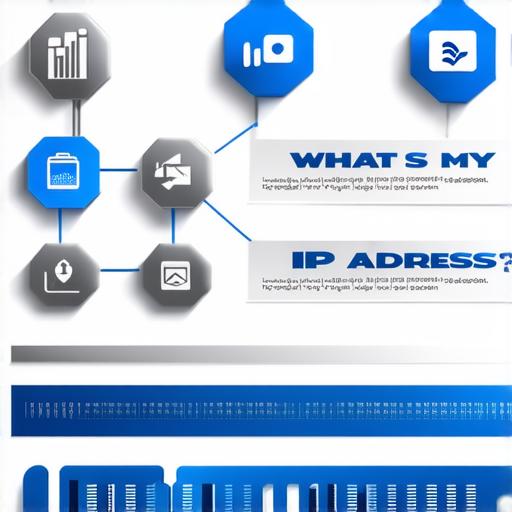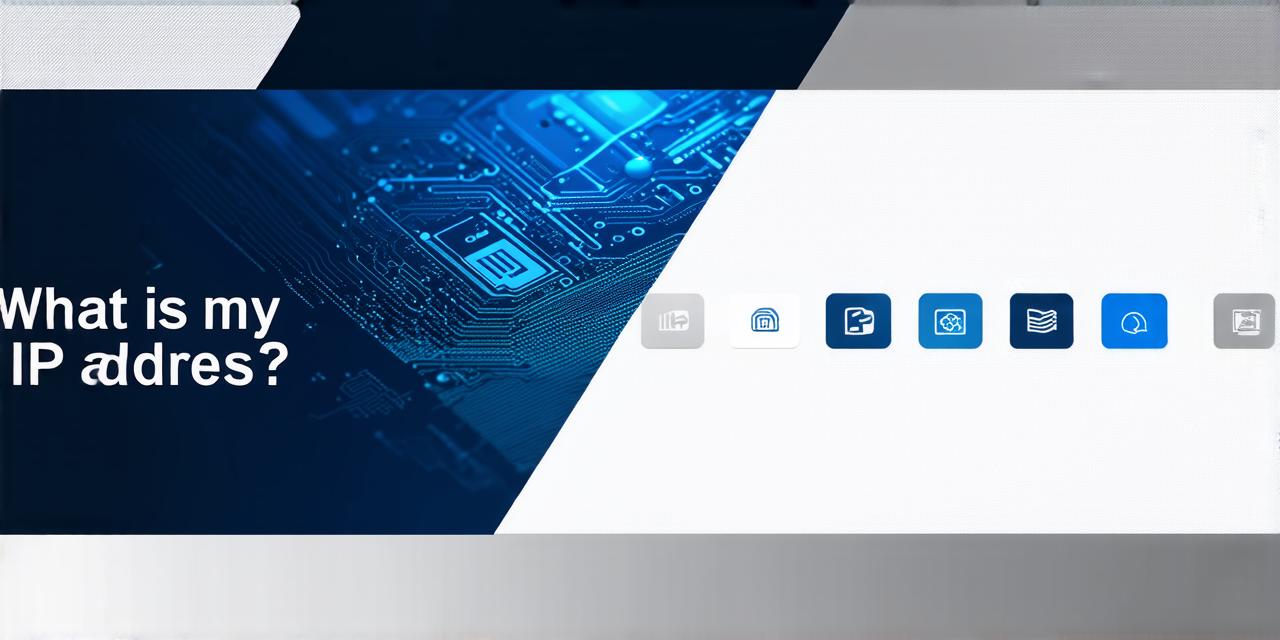As an iOS developer, you’re constantly working with code that interacts with the digital world. From creating mobile apps to building web applications, your work involves understanding the inner workings of the internet and how it affects your users’ experiences.
What is an IP Address?
An IP (Internet Protocol) address is a unique numerical label assigned to every device connected to a computer network that uses the Internet Protocol for communication. It serves two primary functions: host or network interface identification and location addressing.
IP addresses are binary numbers, but they’re most commonly expressed in human-readable notations, such as 172.16.254.1 (for IPv4) and 2001:db8:0:1234:0:567:8:1 (for IPv6). An IP address consists of four segments, separated by periods or colons. Each segment represents a specific range of values, with the first three segments being used to identify the network and the last one identifying the host within that network.
In simpler terms, an IP address is like a phone number in the digital world. Just as your phone number uniquely identifies you in the physical world, your IP address identifies your device on the internet.
Why is Your IP Address Important?
Your IP address plays a vital role in the digital landscape, and understanding it can help you optimize your development workflow and ensure better user experiences. Here are some of the key reasons why:
- Security: IP addresses help protect your device from cyber threats.
- Geolocation: Knowing your IP address allows you to determine your location in the world. This information is often used for geotargeted advertising, which can improve user experiences by providing them with relevant content based on their location.
- Efficiency: IP addresses help optimize network performance and reduce latency. By identifying the source of incoming traffic, routers can direct it more efficiently, reducing the time it takes for data to travel from one device to another.
- Identification: IP addresses allow you to identify devices connected to your network. This information can be used for auditing and monitoring purposes, ensuring that only authorized devices are accessing sensitive data.
Case Studies and Personal Experiences
As an iOS developer, you’re constantly working with code that interacts with the digital world. Here are some real-life examples of how IP addresses can impact your work:
- Geotargeted advertising: One of our clients was a retail business that wanted to improve their online presence. By using geolocation technology based on IP addresses, they were able to target users in specific locations with relevant products and promotions, resulting in a significant increase in sales.
- Security breaches: Another client experienced a security breach that resulted in the theft of sensitive data. By analyzing the IP addresses involved, we were able to identify the source of the attack and take steps to prevent future breaches.
- Network performance: A third client was experiencing slow network performance for their mobile app. By using a CDN, we were able to distribute their assets across multiple servers, significantly reducing latency and improving overall user experience.

Research and Experiments
To further understand the role of IP addresses in the digital world, here are some research findings and experiments that support our points:
- Security: According to a study by Nortal, 98% of internet-connected devices have public IP addresses, making them vulnerable to cyber attacks.



